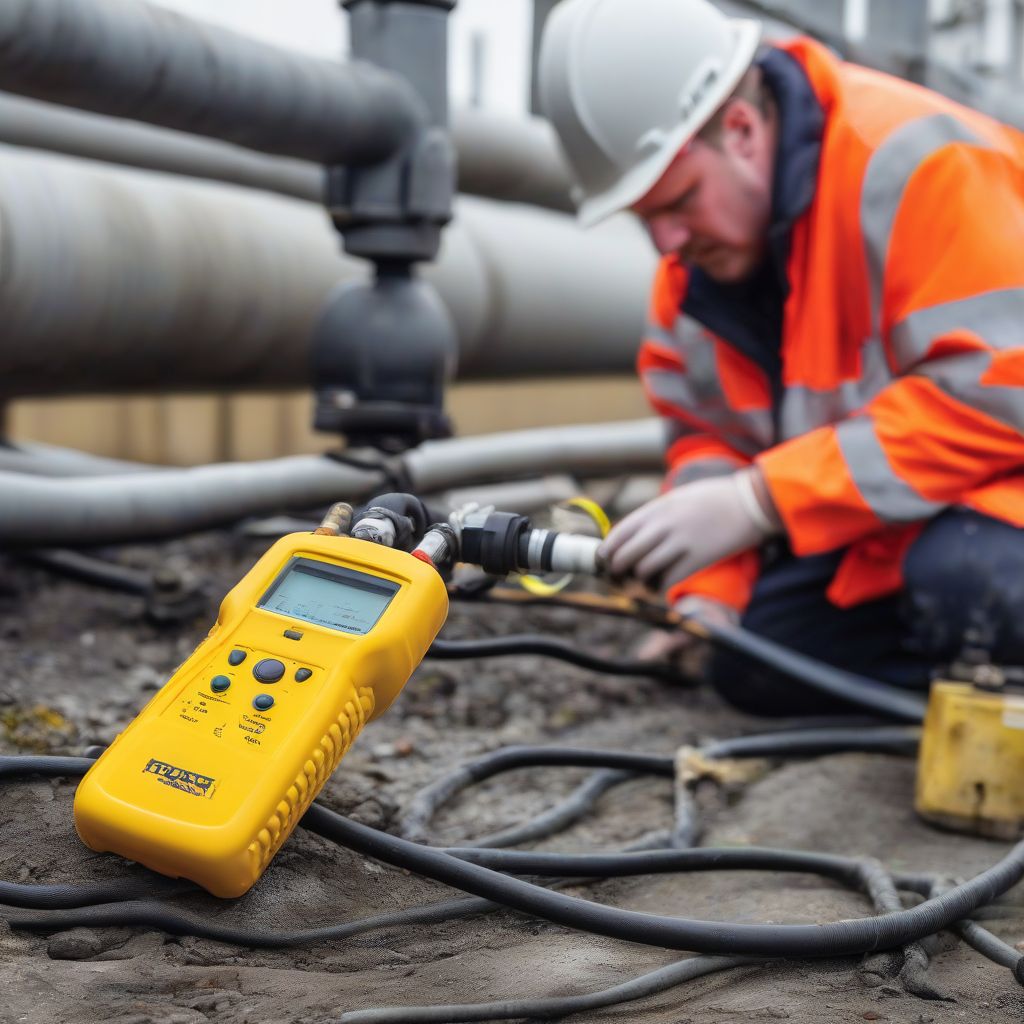The Importance of Gas Leak Inspection
The pervasive nature of gas in various sectors, from powering homes to fueling industries, underscores its significance in our daily lives. However, this utility comes with inherent risks, the most alarming being gas leaks. Undetected, these leaks can have disastrous consequences, impacting health, safety, and the environment. This necessitates the crucial role of Gas Leak Inspection, a process designed to identify and mitigate these potential hazards.
Understanding Gas Leak Inspections
A gas leak inspection is a systematic examination conducted to detect and locate leaks in gas systems. These inspections can be conducted in various settings, including homes, businesses, and industrial facilities. The process typically involves specialized equipment and trained technicians who can identify even the smallest of leaks.
Why are Gas Leak Inspections Important?
Gas leaks pose significant risks that warrant regular inspections:
- Health Hazards: Natural gas primarily comprises methane, an odorless and colorless gas. However, utility companies add a substance called mercaptan to give it a distinctive “rotten egg” smell, making leaks detectable. Prolonged exposure to even small amounts of natural gas can lead to various health issues, including headaches, dizziness, nausea, respiratory problems, and in extreme cases, asphyxiation.
- Safety Concerns: The highly flammable nature of natural gas makes leaks a severe safety concern. When gas leaks go undetected and accumulate in enclosed spaces, even a tiny spark can trigger an explosion, resulting in devastating fires, property damage, and potential loss of life.
- Environmental Impact: Methane, the primary component of natural gas, is a potent greenhouse gas. Leaked methane contributes significantly to global warming and has a much higher heat-trapping capacity than carbon dioxide.
When Should Gas Leak Inspections be Conducted?
Regular gas leak inspections are crucial to maintaining a safe environment. Here are some instances when inspections are particularly important:
- New Construction: After installing new gas lines or appliances, an inspection is essential to ensure there are no leaks from the outset.
- Routine Maintenance: Regular inspections, at least once a year, are recommended for all homes and buildings with gas appliances to detect any wear and tear that could lead to leaks.
- Suspected Leaks: If you notice any signs of a gas leak, such as a distinct odor, hissing sounds near gas lines, or dead vegetation around gas pipes, it’s crucial to schedule an inspection immediately.
gas.areview.net/wp-content/uploads/2024/09/gas-leak-detection-66dfe9.jpg" alt="Gas Leak Detection" width="1024" height="1024">Gas Leak Detection
Methods of Gas Leak Detection
Various techniques are employed for effective gas leak inspection:
- Combustible Gas Detectors: These handheld devices detect the presence of flammable gases in the air and provide visual and audible alerts. They are commonly used to pinpoint the general area of a leak.
- Soap Bubble Test: A simple yet effective method, this involves applying a soap and water solution to gas lines and connections. The formation of bubbles indicates a leak.
- Infrared Cameras: These specialized cameras detect the infrared radiation emitted by leaking gas. This method is particularly useful for identifying leaks in underground pipes or areas inaccessible by other means.
- Tracer Gas Detection: This technique involves injecting a non-toxic tracer gas into the gas lines. A sensor then detects the tracer gas if it escapes through a leak, allowing for precise leak location.
Choosing a Gas Leak Inspection Professional
When selecting a qualified professional for a gas leak inspection, consider these factors:
- Certification and Licensing: Ensure the inspector is certified and licensed to perform gas leak inspections, demonstrating their competence and adherence to industry standards.
- Experience: Opt for inspectors with extensive experience in the field, as they are likely to have encountered and resolved various leak scenarios.
- Insurance Coverage: Verify that the inspector carries adequate insurance coverage to protect you from liability in case of any accidents or damages during the inspection process.
Conclusion
Gas leak inspection is not just a procedural formality; it’s a crucial safety measure. By understanding the risks associated with gas leaks and recognizing the importance of regular inspections, individuals and businesses can create safer environments and prevent potential disasters. Remember, timely detection and professional intervention are key to mitigating the risks associated with gas leaks, ensuring the well-being of both people and property.
